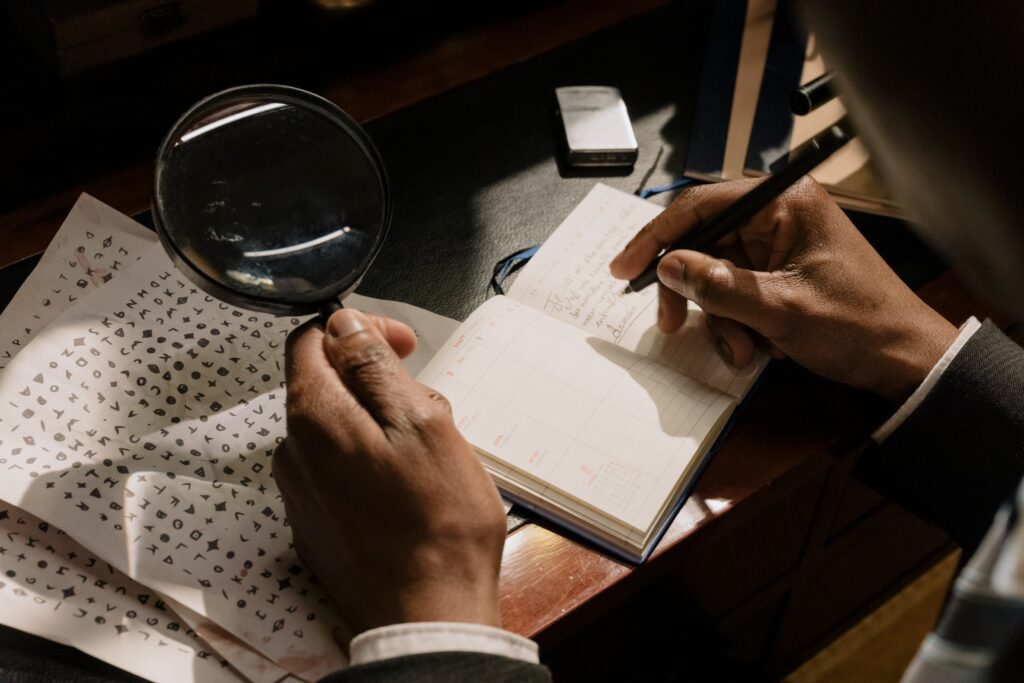How to find the information you need and hire the perfect candidate

Checking references is a crucial step in the hiring process, and it should never be glossed over as a mere formality. Relying on your intuition can be risky, especially when a candidate may have hidden professional issues. Seeking input from the people who the candidate lists is the first step, but it can also be helpful to identify further people to contact based on the specific information you need. Collaborate with the candidate and their references to gather the most relevant information and find out if the candidate is right for your company.
When reaching out to references, take your time, and assume the call will take around an hour. You can assume that you and the person you’re calling both want to reach the same goal of hiring the right person, so it’ll likely be an amicable conversation. Start by asking how the reference knows the candidate to ensure they can provide a valuable evaluation. Begin the conversation with a positive tone and emphasise the value of obtaining a reliable reference. Clearly describe the role and its challenges, and ask the reference to share their observations of the candidate’s performance in similar situations. Your main goal is to ensure that what the candidate has stated in their application is true.
To obtain meaningful information, a good start involves asking open-ended questions based on what you’ve learned from the candidate during interviews. Avoid broad questions that may lead to vague responses or uncertain conclusions. Focus on facts rather than interpreting the reference’s tone (or expression, if you’re doing a video call). While you may spot some red flags occasionally, it’s best to refrain from making emotional decisions and instead calmly inquire further. In case of discrepancies between your understanding and the references’ comments, give the reference or the candidate an opportunity to explain their words.
In addition to assessing technical skills and qualifications, be sure to inquire about the candidate’s soft skills and emotional intelligence. By understanding their self-awareness, motivation, empathy, and flexibility, you gain insights into how well they might fit within your organisation’s wider culture, as well as within the specific department they’re being hired for. This information is invaluable in making a cultural fit assessment and determining if the candidate aligns with the values and dynamics of your workplace.
Lastly, if direct reference checks prove challenging due to company policies or restrictions, consider alternative approaches. Seek out informal references through your professional network, past employees, or LinkedIn connections who may have valuable insights about the candidate. By leveraging your company’s extended network, you can supplement the formal reference check process and gain a more comprehensive understanding of the candidate’s background and potential fit within your organisation. Be sure to not break any ethical standards if you choose to go this route, as informal information like this can often be coloured by subjective opinions that may not always be accurate.
By adhering to these principles and investing time and effort in conducting thorough and meaningful reference checks, you equip yourself with the necessary information to make well-informed hiring decisions. This comprehensive approach ensures you avoid costly hiring mistakes and secure the best-fit talent to drive your organisation’s success.
When you’re conducting reference checks, one great way to ensure all your documents and those of your candidates are kept secure, as well as ensure your candidate’s identity is verified, is through Docuvett. Docuvett provides digital verification services through a smooth, user-friendly platform that ensure all your documents are safe from identity theft. To learn more about Docuvett, head over to https://docuvett.com.au/ today.